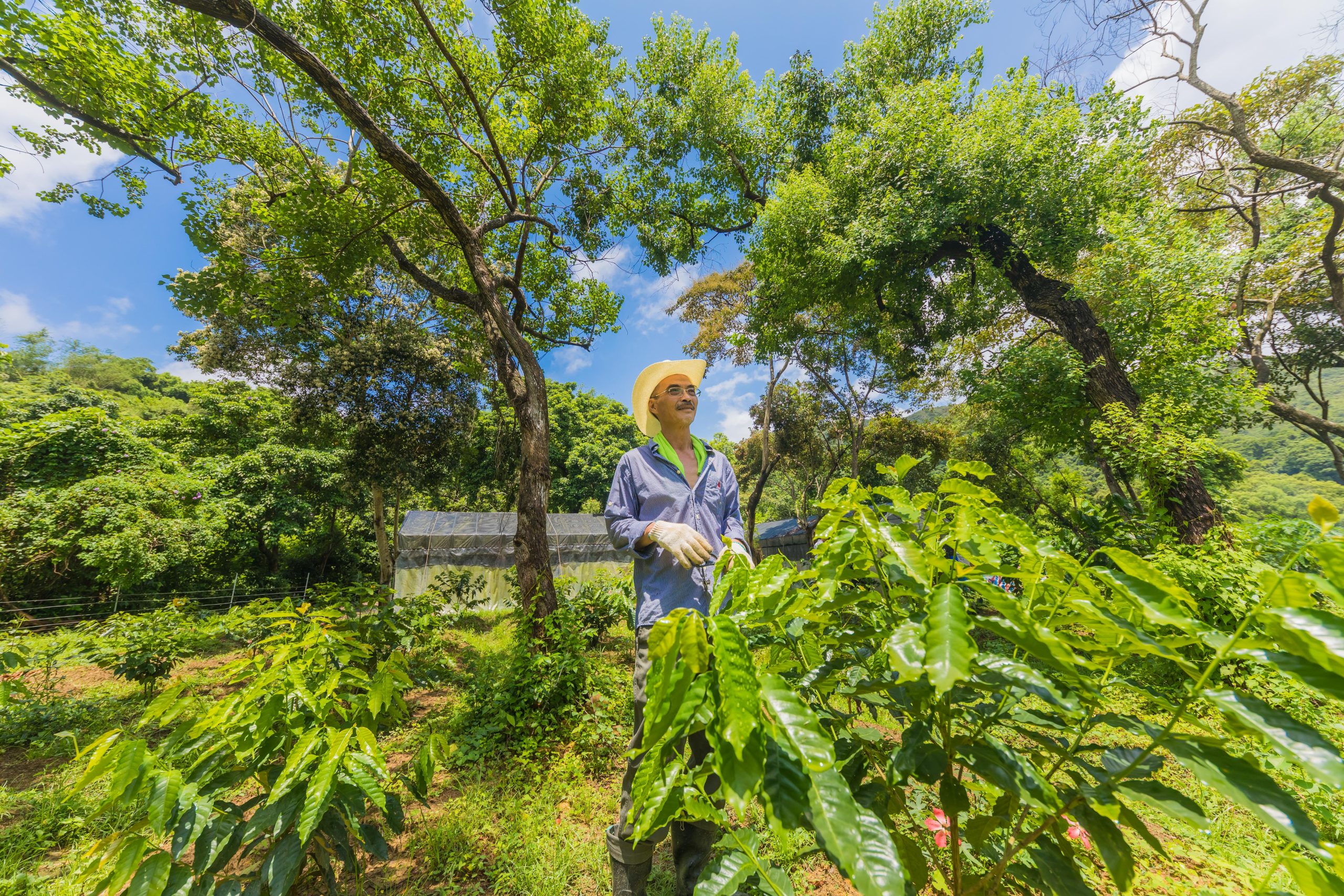Sustainable food systems and circularity
Although the majority of the world’s population resides in urban environments, it is primarily the rural regions that supply vital ecosystem services essential for human survival. Despite the extensive development and growing recognition of the ecosystem services concept among academia, there is still a significant gap in its practical application, especially in the pursue of sustainable food systems. The 2021 United Nations Food Systems Summit underscored the importance of fostering collaboration and resource-sharing between urban and rural communities to develop food systems that are inclusive, environmentally-friendly, and innovative. Studies under this area of interest look at the interaction between food value chain and food system, ecosystem services as well as resources circularity:
- Regenerative production and sustainable food system (Ms. Katie CHICK, Dr. Taihua HU, Dr. Winnie LAW* and Mr. Ryan LEUNG)
The challenges of food waste and disruptions to the food supply chain during the COVID-19 pandemic have heightened public concerns about food security and the resilience of food systems in urbanized areas. This study investigates and prototypes agroforestry and regenerative aquaculture practices in abandoned terrace farmlands and idle fishponds in Hong Kong. The research focuses on localization design, socio-ecological performance of these systems, and value chain collaboration to improve localized food production that encourages sustainable production and consumption.
- Ecosystem services and Nature-based Solution (NbS) (Ms. Katie CHICK, Dr. Billy HAU, Dr. Taihua HU*, Dr. Michael LAU, Dr. Winnie LAW, Dr. Bayden RUSSELL and Dr. Thiyagarajan VENGATESEN)
Ecosystem services refers to the various benefits that natural ecosystems provide to humans, such as air purification, water resource protection, food production, tourism, and climate regulation. In partnership with the School of Biological Science (SBS) and local ecologists, pilot field trials, such as using freshwater mussels as biofilters and implementing floating wetlands for biodiversity and water quality enhancement, were conducted to assess the technical feasibility of these measures. The research seeks to investigate the potential augmentation of ecosystem services as nature-based solutions to address social and environmental challenges.
- Alternative Agro-food networks (Ms. Katie CHICK, Dr. Winnie LAW, Dr. Emily PAN* and Dr. Jessica WILLIAMS)
Alternative Agro-food network (AAFN) aims to resocialize and respatialize food production, distribution and consumption by providing spatial, economic, environmental, and social alternatives to the currently dominant industrial food systems. The implementation of established AAFN models such as community supported agriculture, farmers’ markets, and food hubs has demonstrated the challenges and complexity of operating alternatives within neoliberal food systems. This study examines how different community building strategies are deployed to overcome the three main themes of challenges confronting their growth and consolidation.
- Circularity and Value Chain Collaboration (Mr. Kelvin FOK*, Professor Wai-Fung LAM, Dr. Winnie LAW and Mr. Darwin LEUNG)
Latest debates and advocacies suggested that the linear “take-make-use-dispose” economic model poses significant risk to our pursuit of sustainability, not only from the perspectives of environmental quality, resource management and climate change but also human health and safety as well as social justice. A paradigm shift towards a circular economy that keeps the materials within the system and design out waste is of paramount importance. In essence, bending the linear economy into its circular counterpart requires innovative collaborations with value chain actors. The action research on circularity sheds light on redefining resource management based on the ‘9R’ principles, and highlights the importance of value chain collaboration to capitalise on the opportunities that arise from a circular economy model.

